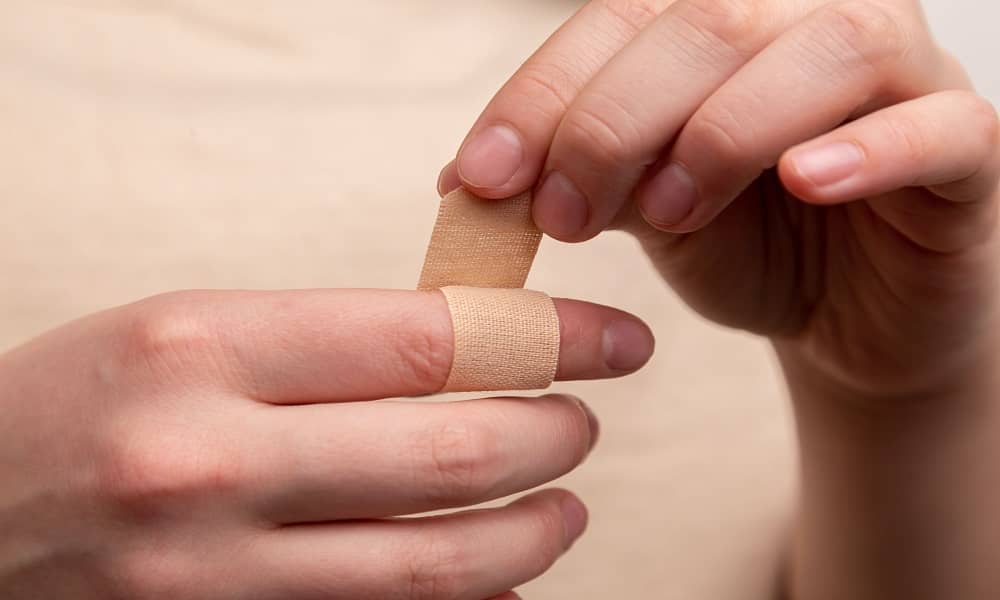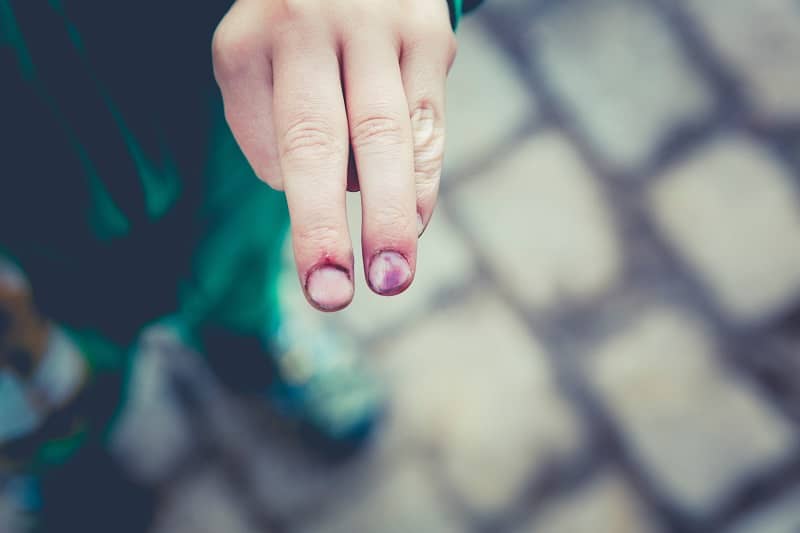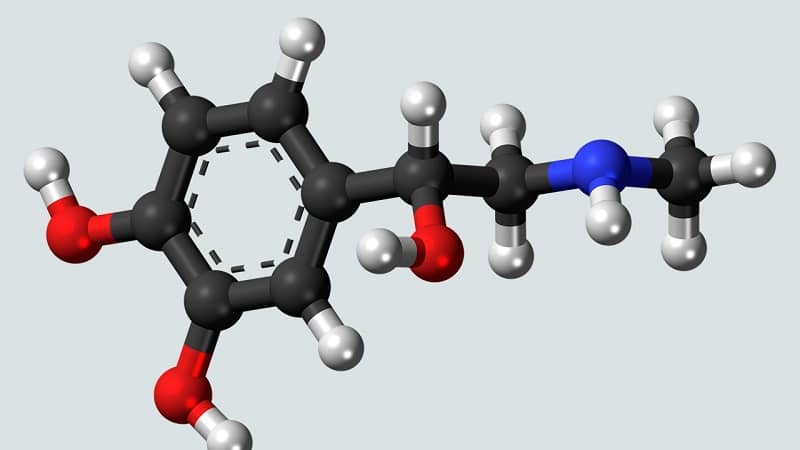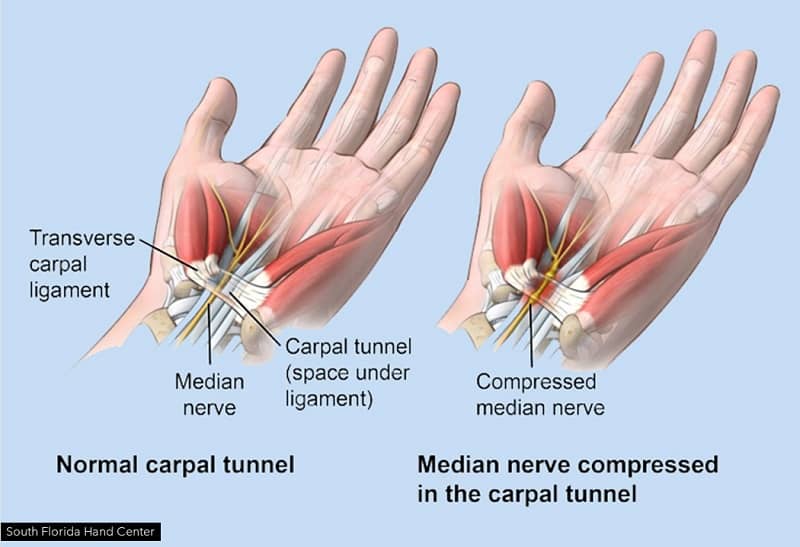
26 Jul How Do You Get Rid of a Swollen Finger? | Causes and Remedies
Swelling is a common condition that can practically occur in any body part. It can happen in your organs, muscle, and even skin, including fingers. And the primary instigators may range from infection, skin conditions, or any other health issues as well.
In other words, there can be a number of reasons for your swollen fingers.
However, the treatments we’re going to discuss today are classified on the basis of causes so that you can treat the condition just the way you need.
Simple remedies and treatment for swollen fingers can help relieve the condition. Here is how to reduce swelling in hands after injury based on what’s causing it.
Most Common Causes and Treatment for Swollen Fingers
Swollen fingers are sometimes harmless and temporary. Whereas, other times, they can be a symptom of serious health conditions.
First off, we’ve shared some general causes and treatment for swollen fingers:
#1. Exercise
When you perform intense workouts, your body works strenuously to pump blood to your muscle, heart, and lungs.
This causes the blood flow to direct away from hands making them widen leading to finger swelling. In general, it shouldn’t concern you much.
What’s the post-workout swollen thumb treatment?
- Move your hands and arms after finishing your session.
- Keep yourself hydrated.
#2. Heat
Heat is another potential causing factor resulting in a swollen finger. If you spend excessive time outside in hot weather, your fingers are likely to swell because of amplified body heat.
Whether internal or external, heat exposure causes heat edema. Usually, the condition causes swelling in the edges of fingers, hands, toes, and feet.
In this case, the swollen fingers are not harmful. They indicate an imbalance in fluids and electrolytes in your body. Also, it can be a sign of another underlying condition.
How to reduce swelling in fingers caused by heat?
- Keep yourself hydrated
- Cool off your body temperature after spending time in the sun
#3. Trauma Or Injury

This is another causing factor resulting in swollen finger tips. Fingertip and hand injuries result in quick swelling. And the most common fingertip injuries are fractures and crush injuries.
It can occur due to bruising under the nail bed or a tear in the fingernail.
How to treat a swollen finger caused by injury?
- Use an anti-inflammation ointment
- Treatment suggested by a specialist is likely to be effective if you have access to a health professional
#4. Sleep Position
Sometimes swelling occurs after waking up in the morning. This can also occur due to another underlying condition like arthritis.
However, your sleeping position not only works as an instigator but can worsen the condition. If your fingers swell frequently in the morning, arthritis can be the primary cause.
How do you get rid of a swollen finger?
- Sleep on your back. Place a pillow underneath both arms to raise your hands. Additionally, you can use smaller pillows to raise your hands as well.
- Sleep on your side. Place a pillow in front of you to raise your upper arm.
These solutions are applicable to reduce the intensity of the causing factors. And there’s actually quite a lot of available treatments and home remedies for swollen fingers to help you get rid of the misery fast.
But while swollen fingers are mostly harmless, they can also be a sign of some underlying health condition. Let’s dig deeper for further understanding.
Medical Causes, Symptoms, Treatment, and Home Remedy for Swollen Finger
Swollen fingers can sometimes be leading signs of serious health conditions from arthritis to hormone imbalance.
Here, we’ve discussed each case in detail.
#1: Hormones

Hormonal imbalance during menstruation and pregnancy results in bloating, swelling, mood changes, and period cravings among other things.
Primarily, this occurs due to the shift in hormones like estrogen and progesterone.
Also, swollen fingers and hands are common symptoms of premenstrual syndrome (PMS). Often, you may encounter it during pregnancy.
Symptoms of hormone imbalance in PMS
- abdominal bloating and pain,
- tender breasts,
- gastrointestinal changes,
- nausea, vomiting, and diarrhea,
- fatigue,
- headaches,
- trouble sleeping, and
- mood fluctuations
Finger Swelling Treatment in PMS
- Medication to reduce pain and tenderness
- Regular exercise
- Balanced diet
- Practicing stress-relieving techniques, including meditation and pranayama
#2: Preeclampsia
Preeclampsia is a condition during pregnancy. And this can also result in swollen fingers. Usually, the condition hits during late pregnancy.
Symptoms of Preeclampsia include:
- Weight gain,
- abdominal pain,
- vision alteration,
- frequent and insistent headaches, and
- unusually swollen face or hands
Swollen finger joint treatment in Preeclampsia include:
- frequent monitoring,
- medications, and
- inflammation-reducing creams.
#3: Infections
Infection results in swollen fingers as well.
This inflammatory response is a natural part of the healing process, in fact. Of course, this is also what results in the swelling of your fingers.
Infections lead to numerous symptoms. This varies depending on the severity and type of the infection. When the infection reaches your arms and hands, it may cause swollen fingers.
Symptoms of Infections:
- A wound taking time to heal,
- pain,
- fever,
- fatigue,
- sensitivity,
- queasiness or vomiting, and
- swollen lymph nodes.
Home remedy for swollen finger due to infection are:
- Aloe Vera Gel: You can apply aloe vera gel on the skin infection and wash it off.
- Coconut oil: Use coconut oil to reduce inflammation.
Other Treatment for swollen fingers
- Moisturizers and lotions – Use an anti-inflammatory moisturizer to reduce inflammation and swelling.
#4: Carpal Tunnel Syndrome (CTS)

The Carpal Tunnel Syndrome (CTS) syndrome follows when your median nerve running through the middle of your hands compresses.
Thus, it affects sensations in your thumb, middle, index, and ring fingers. This can eventually result in swelling fingers.
Symptoms of carpal tunnel syndrome
- Numbness,
- pain,
- burning sensation,
- muscle weakness, and
- tingling.
Treatment for swollen fingers due to CTS
- Physiotherapy, or
- Treatment as suggested by your neurologist or specialist.
#5: Arthritis
This inflammatory condition accompanies pain, swelling, and stiffness in the joints. Generally, there are two main types of arthritis including:
- Osteoarthritis (OA)
- Rheumatoid arthritis (RA).
The health condition mainly affects the joints of the hands. Indeed, this can also result in noticeable swelling in the fingers.
Symptoms of arthritis:
- Joint pain,
- joint stiffness,
- fatigue,
- fever,
- appetite loss,
- skin redness, and
- reduced range of motion
Swollen Hands Treatment due to Arthritis can include:
- anti-inflammatory medications
- physical therapy
- surgery
- diet high in anti-inflammatory foods
#6: Tendonitis
This inflammatory condition occurs because of inflammation in the tendons. Tendonitis results in swelling, pain, tenderness, and sensitivity.
Mainly, it affects the tendons of your arms, shoulders, and legs.
Three types of tendinitis causing finger swelling are:
- De Quervain’s tenosynovitis
- trigger thumb
- trigger finger
Actually, these types of tendinitis inflame tendons in your fingers causing swelling and can be pretty painful to have as well.
Symptoms of Tendinitis
- Swelling
- Pain
- Tenderness
How to make a swollen finger go down fast when it’s due to tendinitis?
- Try pain-reducing pills
- Cold therapy: Apply ice on the swollen finger to lessen blood flow and relieve pain
#7: Bursitis
The inflammatory condition inflames the fluid-filled sacs around your joints.
It affects your larger joints’ bursae including legs, arms, or hip. As a result, inflammation of the bursae of the finger results in swollen fingertips.
Symptoms of Bursitis
- Redness,
- pain,
- tenderness, and
- thick bursae
Treatment for Swollen fingers from bursitis
- Cold therapy: It reduces inflammation and pain
- Physical therapy: It lessens pain and the swelling
- Injectable medication: It’s best applied for a chronic condition
#8: Gout
You may suffer from gout due to the build-up of high levels of uric acid in the body, which can crystallize in the joints.
Typically, the body expels uric acid in the urine. However, reduced kidney function results in elevated uric acid levels and prompt gout.
And while this condition mainly affects the feet, it can also cause pain and swelling in the joints of fingers.
Symptoms of gout
- Extreme pain,
- hard lumps in the joint, and
- redness and warmth in the skin around the joint.
How to get rid of swollen fingers from gout?
- Go for the medication prescribed by your specialist. This would be best to reduce and lower uric acid levels.
#9: Sickle Cell Disease
Sickle cell anemia or Sickle cell disease is a rare genetic condition. It affects the functions of RBC (red blood cells).
Actually, it turns the shape of RBC into a sickle, which disturbs the natural blood circulation in the body. One of the early symptoms of Sickle Cell Disease is swelling in the fingers.
Symptoms of sickle cell anemia
- Pain,
- fatigue,
- jaundice,
- irritability, and
- frequent infections.
How to get rid of swollen fingers due to Sickle cell disease?
- It’s best to visit a doctor for specialized treatment in this case.
#10: Scleroderma
The autoimmune condition, Systemic scleroderma, occurs due to changes in the skin. It can also result in the alteration in the connective tissues and organs of your body.
The early symptoms of the condition are swelling in the hands and fingers. In fact, you may encounter them in the morning.
Symptoms of scleroderma may include:
- Hair loss,
- joint pain,
- shortness of breath,
- gastrointestinal problems, and
- patches of thick, shiny skin.
Treatment for finger swelling due to scleroderma:
- Exercise the fingers and toes
- Take anti-inflammatory medications
- Go for the treatment suggested by an occupational therapist or specialist
Now, swollen fingers caused by a medical condition are almost certainly more of an emergency than a simple injury.
Though, it’s important that you check for all the symptoms and not just a single one. Usually, you’ll have one or more symptoms together if it’s a medical situation.
Generally, swelling doesn’t require much attention, but there are cases when it can be a sign of an underlying disease. We recommend going for a thorough check-up if you suspect anything out of the usual.
When Should You See a Specialist?
Mostly, the answer to why is my finger swollen and numb is an injury or an insect bite.
The swelling that occurs, in this case, heals in a couple of days.
However, it can also indicate underlying health conditions. So, in some cases, you may require medical help.
Here’s when you should seek a specialist for the treatment of swollen fingers:
- Swelling doesn’t lessen in a couple of days
- There’s sudden intense swelling
- You feel numbness or tingling in fingers
- When swelling is hampering your daily activities
- Swelling continues even after the infection
- You’ve red and warm hands and fingers
- There’s morning stiffness
- The swelling lasts longer than an hour
In this case, medical treatment can effectively treat the underlying condition and reduce swelling. Also, this helps avoid long-term issues with the diagnosed disease.
FAQs
Swollen fingers can raise many questions in your head about their causes and longevity, especially if it’s painful.
Here, we’ve tried to answer a few common queries.
Q1: Why are my fingers swollen in the morning?
A probable causing factor behind swollen hands in the morning is Arthritis. You may have rheumatoid arthritis or another type of arthritis, i.e., osteoarthritis.
Q2: Will ibuprofen help swollen fingers?
You can apply over-the-counter pain relievers like ibuprofen to lessen pain and swelling. Also, you can tape the injured figure to the adjacent one. This keeps the injured finger protected and also supports healing.
Q3: What medicine makes swelling go down?
Having anti-inflammatory medications helps in lessening swelling. The effects are particularly amazing in the cases of swelling that occurs due to arthritis. Gently moving fingers, wrist, and arm improves the movement of the fluid back to the body.
Q4: Should you drink water if you are retaining water?
Only drinking water normally doesn’t help in water retention. The treatment varies according to what caused it in the first place.
The specialist may suggest urinating more to keep the removal of fluid in a flow. They may give you diuretics or water pills to help in water removal.
Q5: What’s best to reduce swelling?
Here are the best ways to reduce swelling:
- Let the sore part rest and protect it from external damage
- Use a pillow under your arms to prevent morning swelling
- Apply ice
- Avoid staying in a single position for longer periods
- Have a low-sodium diet
Q6: What’s the difference between swelling and inflammation?
Mostly, people use “swelling” and “inflammation” interchangeably. However, these two terms are quite distinct.
Inflammation occurs due to the protective response of the immune system to infection, injury, or irritation. In contrast, swelling usually occurs due to fluid retention in specific regions throughout the human body.
Q7: Does hot water help swelling go down?
No!
Instead, hot water application can elevate it, preventing it from healing. Never directly use hot water in swollen areas.
However, moist and moderate heat may help to loosen the tight muscle. So, you can go for hot showers, hot baths, saunas, steam baths, or just warm damp towels.
Q8: What causes fluid retention in fingers?
Having an excessive salt or high sodium diet can increase water retention. Excess salt makes tissue capture additional water.
This results in fluid retention in the fingers, hands, and other areas of the body. Reducing your sodium consumption will likely help.
Takeaway
Swelling and inflammation are generally harmless. In fact, they get healed on their own fairly quickly. But only sometimes there are cases when these symptoms can be signs of underlying health conditions. At this point, it can even get dangerous, specifically if you are pregnant.
So, if you face any of the medical condition-related symptoms of swollen fingers mentioned above, get a checkup immediately.
Early diagnosis prevents you from the dangers and effects of further health problems.
And, in other cases, where it’s not bothering you much, try some home remedies and treatment for swollen fingers. Start with applying ice or aloe vera gel.



No Comments